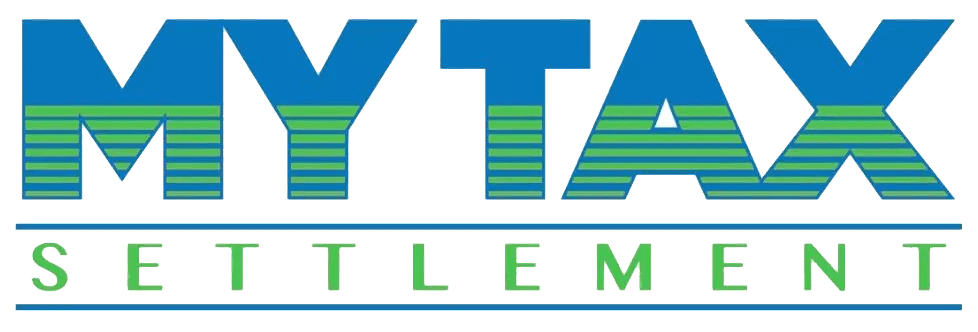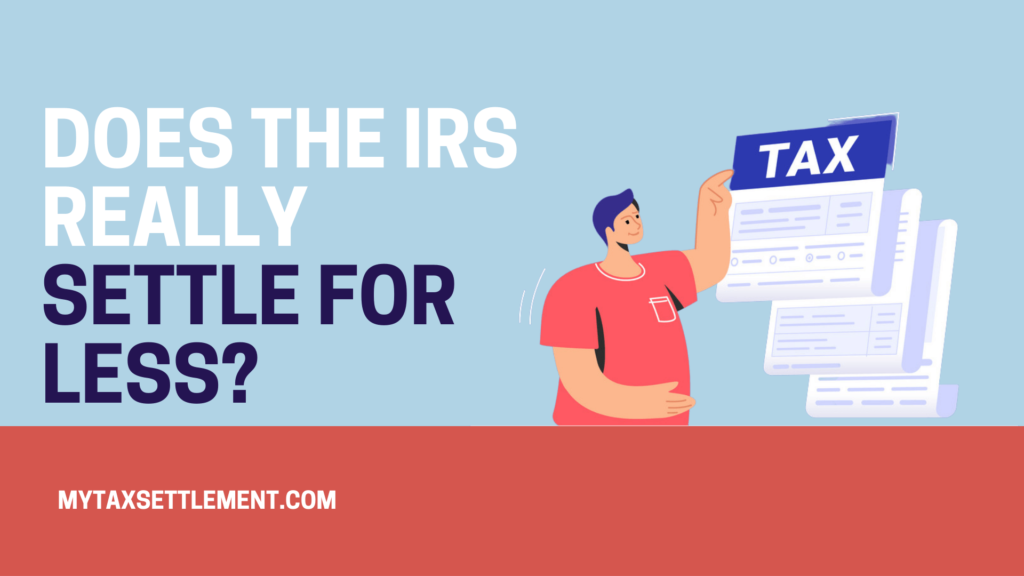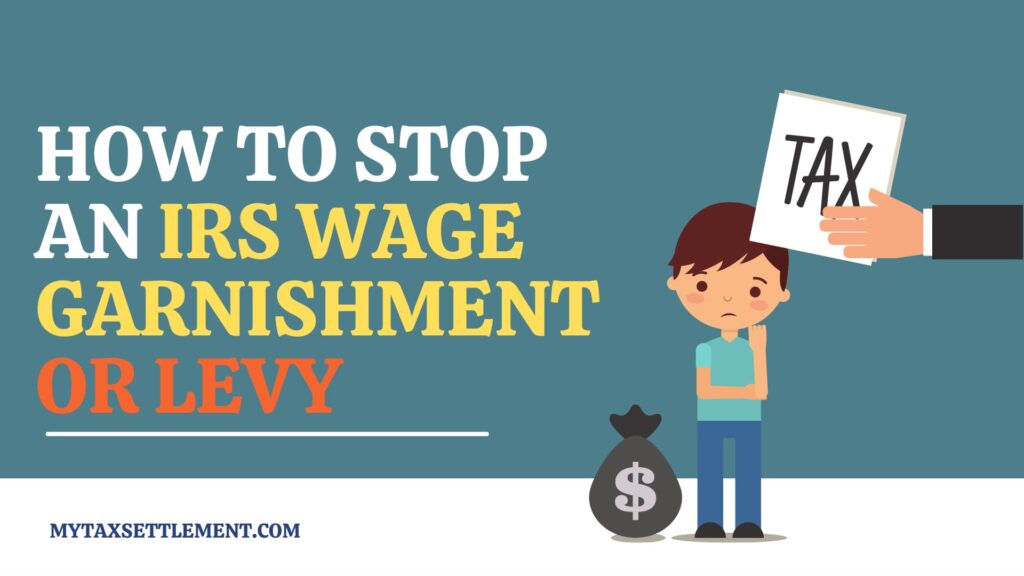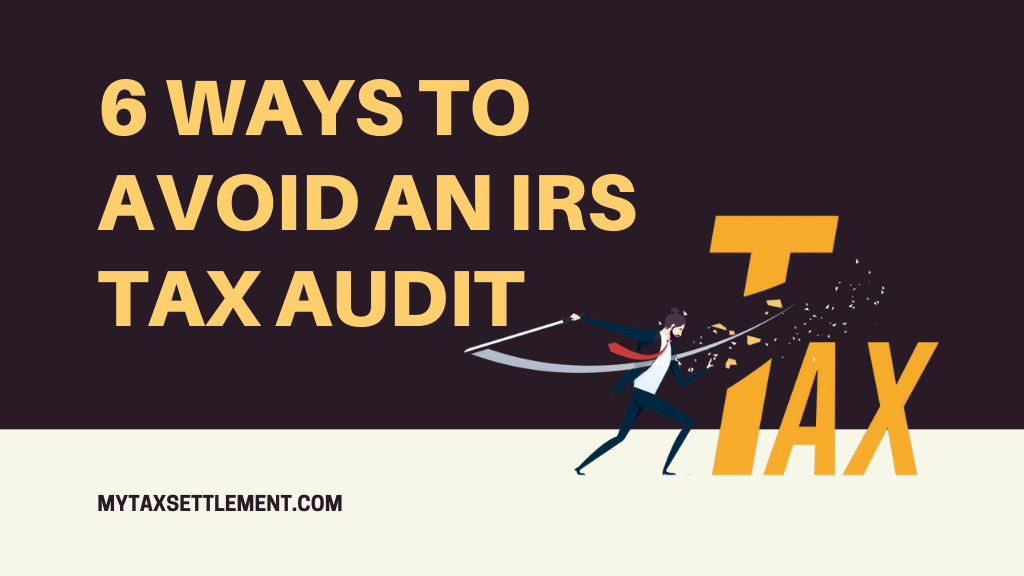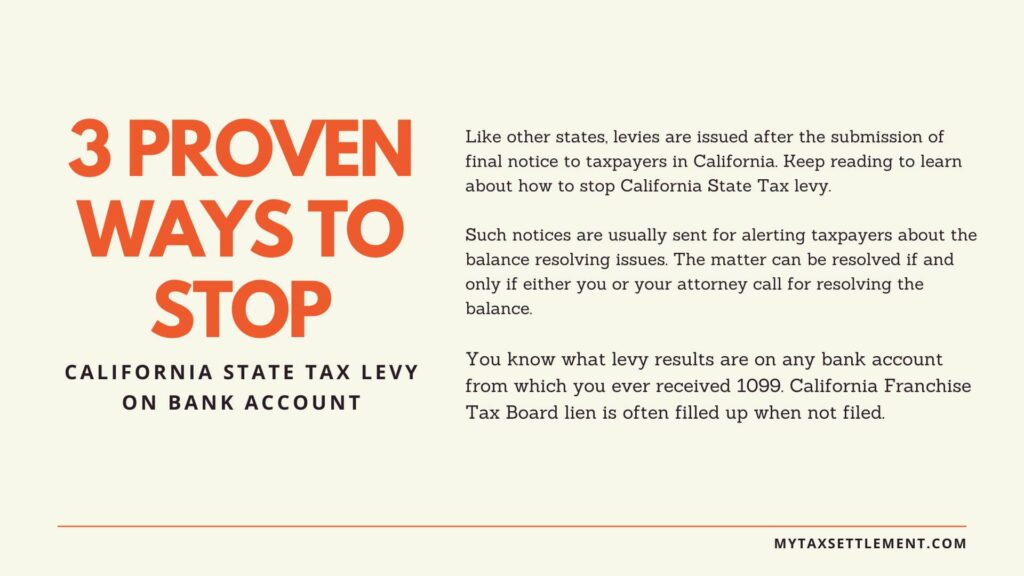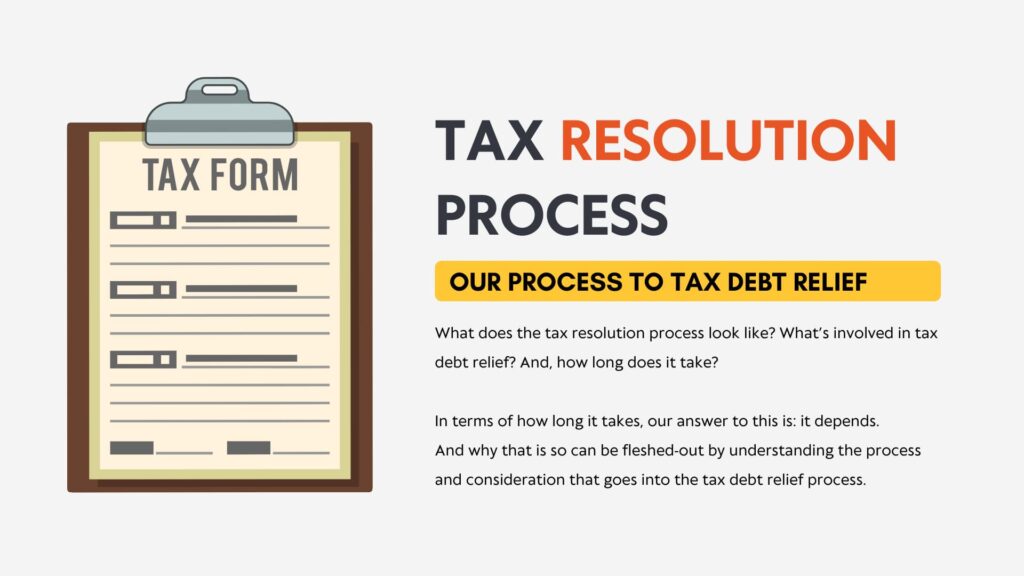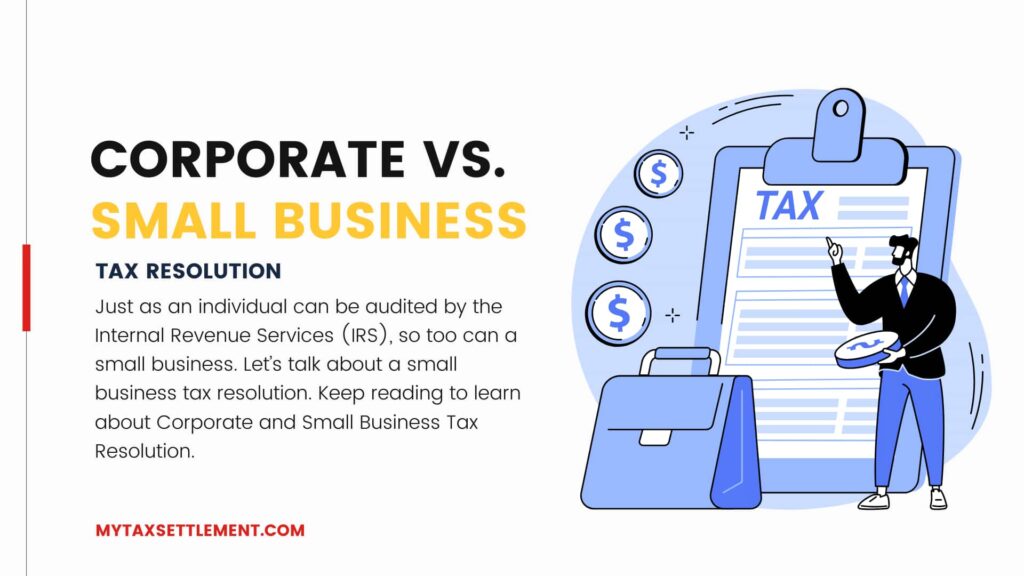IRS Tax Installment Agreement
The Internal Revenue Service (IRS) enables taxpayers to satisfy tax obligations via an installment arrangement. Because interest and charges will apply, however, the IRS encourages taxpayers to pay taxes immediately. Interest and penalties can equal 8% to 10% per year.
If paying the entire tax liability at one time is not possible, an installment agreement is an alternative permitted by the IRS. The IRS has four different kinds of installment agreements: guaranteed, streamlined, partial payment, and non-streamlined.

There are 4 types of Installment agreements available through the IRS:
There are 4 types of Installment agreements available through the IRS:
01. Guaranteed Installment Agreement
02. Partial Installment Agreement
03. Streamlined Installment Agreement
04. Non-Streamlined Installment Agreement Plan
Guaranteed/ Fresh Start Installment Agreement
To qualify for what the IRS calls the “guaranteed” installment agreement plan, the taxpayer must be live up to the following requirements:
- The taxpayer should owe less than 10,000 USD. This sum does not include the interests on the tax and the penalties for late tax payments.
- The taxpayer cannot pay the tax liability within the due date.
- The taxpayer has been making regular payments
- If the taxpayer cannot pay the tax immediately
- Agree to file and pay all tax returns during the term of the agreement; and
- Have not entered into an installment agreement during any of the preceding five taxable years.
If you meet the criteria outlined, the IRS typically won’t file a federal tax lien. However, if you do not qualify for the guaranteed installment agreement, you may still qualify for a streamlined installment agreement and avoid a federal tax lien filing.
Partial payment
Installment Agreement
A partial payment plan allows the IRS to make all the arrangements with taxpayers to start paying partial payments on their tax liability. This amount is going to be a legally agreed-on amount between the taxpayers and the IRS.
First of all, you need to complete a financial statement following Form 443-F to record your income and expenses. After that, the IRS will review and verify your information. In case you have assets that can be sold to pay off your debt, the IRS may require additional information from you.
After approval, you need to be agreed to a financial review every 2 months until the whole payment is completed. These reviews can cause your monthly payments to increase or it can also result in the agreement being terminated, only if the IRS determines that you are earning enough to pay your taxes in one go.
Streamlined
Installment Agreement Plan
For the most part, the qualification requirements for this plan are quite similar to the guaranteed installment plan, but there are a few additional requirements. Eligibility requirements for this tax payment plan are:
- The taxpayer should not owe more than 50,000 USD in tax payments. This sum includes the interest and penalties on the owed amount.
- The total owed sum should be paid by the taxpayer within 6 years (i.e., 72 months)
- The monthly payment agreed by the taxpayer should at least be equal to the minimum acceptable payment.
In this plan, the taxpayer is bound to pay a set-up fee for the plan. If you are a part of any previous tax payment plan and want to restructure the plan, you will have to pay a fee (which varies from taxpayer to taxpayer).
Non-Streamlined
Installment Agreement Plan
Most people who qualify for a Guaranteed Installment Agreement also qualify for a Streamlined Installment Agreement, but with a few added requirements:
- The liability, interest and penalties you owe do not exceed $50,000.
- You can pay the balance within 6 years (72months)
- Your proposed payment must be greater or equal to the minimum acceptable payment (calculated by dividing your liability, interest and penalties by 50).
Note: The IRS won’t file a federal tax lien (similar to guaranteed) as long as the taxpayer covers a fee in order to set up their agreement.
When will the contract be terminated?
How to make IRS Installment Payment Plan?
There are certain ways taxpayers can make IRS installment payments and here are a few of the ways:
- Payroll deduction
- Direct debit
- Check or money order
- Electronic federal tax payment system
- Credit card
- Online Payment Agreement
Moreover, you can pay IRS monthly payment, so you can manage other expenses as well along with paying installment.
When will the IRS Revoke an IRS Installment Agreement?
The contract will be valid as long as the taxpayer pays the agreed-upon installments regularly. Missing a payment can be a reason for the IRS to terminate the contract. Here are some of the conditions in which the IRS can revoke an installment arrangement:
- If the taxpayers miss a payment.
- If the taxpayer doesn’t file a tax return or pay taxes after the agreement is entered into.
- If taxpayer-provided inaccurate information on Form 433-F.
- Or if the taxpayer is paying under a partial payment installment agreement and a review indicates a change in their financial position.
What does a CP523 Notice Mean?
A CP523 Notice is a notice the IRS sends when you have defaulted on your installment agreement. It means, in full, that you have defaulted on your agreement and the IRS intends to seize your assets. This is not a notice you want to see. Do everything in your power so that you do not see one of these.
Can’t pay your Taxes? Well, Don’t Stress out Get help from My Tax Settlement
Paying an IRS Installment Payment can be very stressful and if you are not well versed in the tax code, oftentimes unexpected. In case you are still worrying about an installment agreement with the IRS and have questions regarding anything like a streamlined or non-streamlined agreement, you can contact a tax professional from My Tax Settlement in San Diego. We have a team of professionals and our mission is to provide top-notch tax settlement offers to our clients at the most commendable charges!
GET A CALL BACK
Offer in Compromise
An Offer in Compromise (OIC) is acknowledgement of both the Internal Revenue Service (IRS) and the owing taxpayer that the amount owed cannot be feasibly paid. The “Offer” is the amount the taxpayer can viably pay, and it is “in Compromise” – meaning, not the entire amount. It is a great tool to help taxpayers ‘settle up’ with the IRS, setting the taxpayer free from unnecessary financial stress. Taxpayers who take advantage of this tool can end up paying about 20% of the amount they owed. It can be a saving grace for taxpayers who truly need it and can prove it.
IRS Tax Penalty Abatement
The IRS can impose a huge number of tax defaulters who are either not paying taxes or not paying on time. These penalties may also include monetary fines imposed on the taxpayer. Some of the main causes for these tax penalty abatement are Failure-to-File which is imposed if you file your taxes after the deadline and Failure-to-Pay which is imposed because of a late tax return after you have filed the taxes. These penalties can be abated by the IRS if you carefully present your case. For you to successfully get your penalties waived, you must present your case to the IRS in a good faith.
IRS Tax Audit Representation
Filing your tax returns is one of your most important duties as a responsible citizen. And, in the age of TurboTax and Tax Act, many have lost touch with how much effort and detail can be put into a tax filing – which is all the more true as you earn more. To truly document your earnings in a comprehensive way, in the way that the IRS tax audit experts you to, you inevitably have to present a complex picture. And, when doing that, there are ample opportunities to get something wrong – and miscalculations in one place can lead to miscalculations elsewhere.
Payroll Tax Debt Relief
The Internal Revenue System (IRS) is taken with the duty of ensuring that each citizen pays the tax they owe to the government regularly and without delay. It includes the payroll tax debt by the business owners. If a person does not pay one of the taxes, they are to be held accountable by the IRS and may be given a severe penalty if the condition demands. Payroll tax debt is quite common for business owners. Payroll deductions are the total amount of tax deducted from each salary of their employees and remitted to the IRS. The business owner must pay the amount regularly.
Stop Wage Garnishment
Every income-making citizen has to make regular tax payments to the government corresponding to their earnings. If a person stops paying their taxes for some reason, the Internal Revenue System (IRS) is within their rights to take action against that person and try to get what they are owed to the State. One of those ways is through wage garnishment, a forceful seizure of part or all of your wages when you are paid by your employer. You can stop a wage garnishment by hiring My tax settlement professionals. Here are a few of the best ways to stop wage garnishment:…
